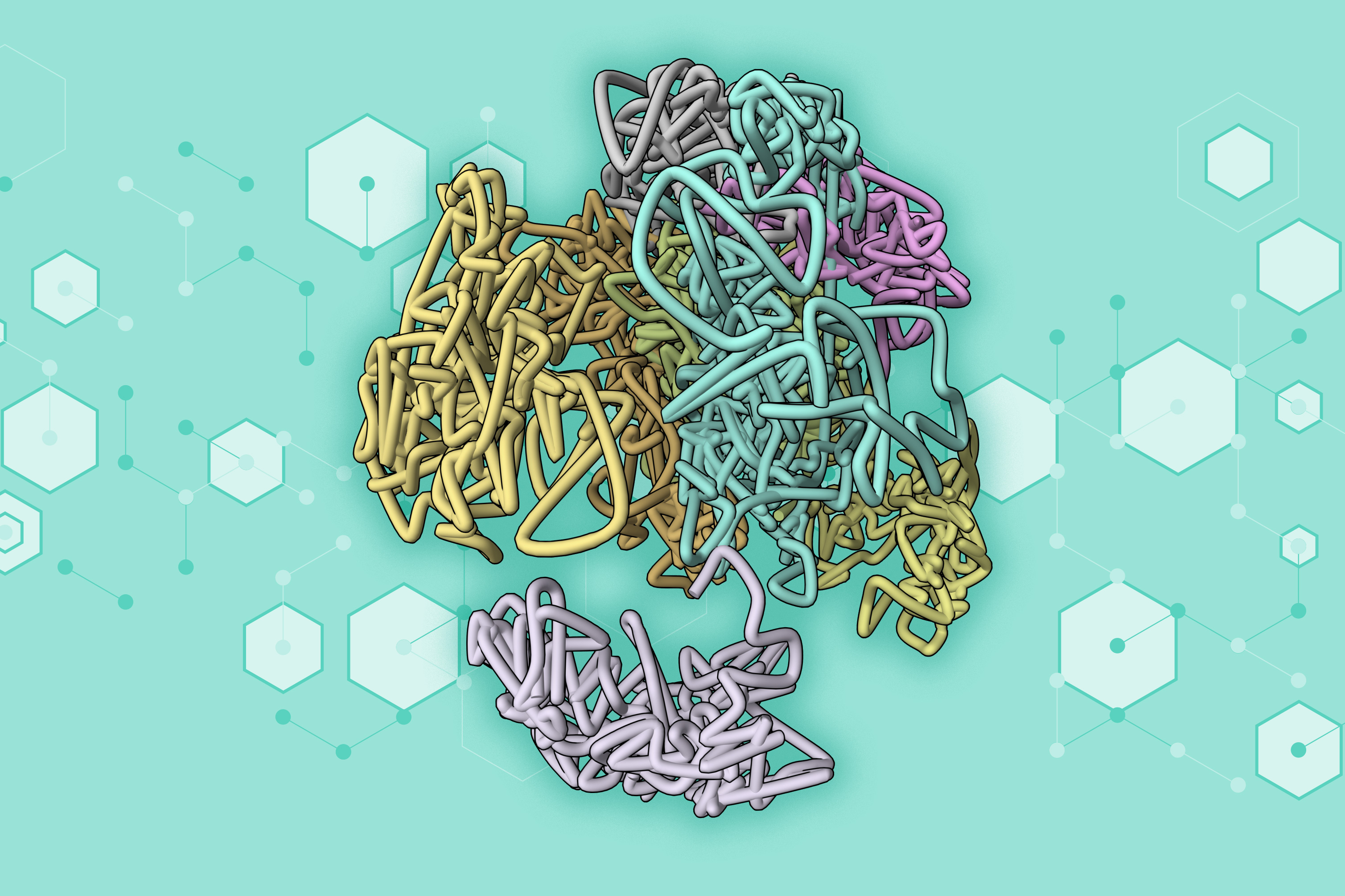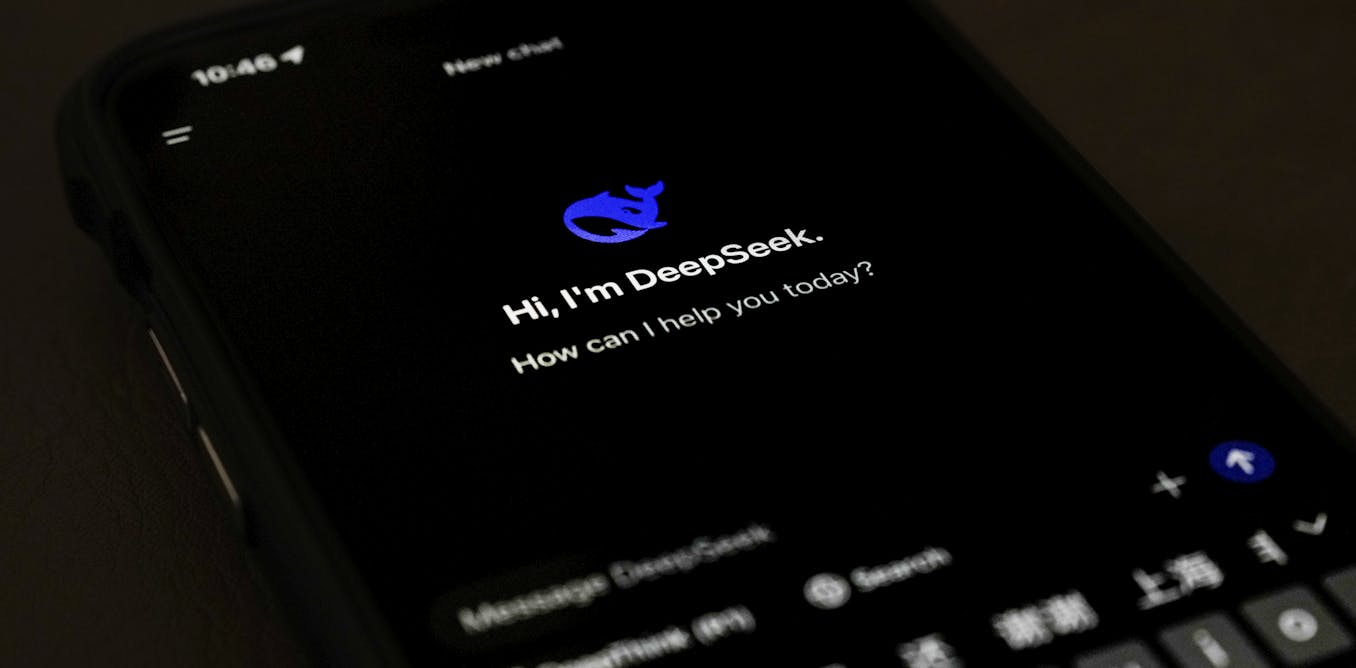AI gives nonprogrammers a boost in writing computer code
Writing computer code is helpful for people in many disciplines, but learning to program is hard. Large language models can help nonprogrammers skip the difficult details.
Daniel Zingaro, Associate Professor of Mathematical and Computational Sciences, University of Toronto •
conversation
Jan. 31, 2025 • ~5 min
Jan. 31, 2025 • ~5 min
Australia’s social media ban shows how extreme the technology debate has become – there’s a better way
A more balanced approach to social media use might be needed.
James Conroy, Professor of Religious and Philosophical Education and Vice Principal, Internationalisation, University of Glasgow •
conversation
Jan. 30, 2025 • ~7 min
Jan. 30, 2025 • ~7 min
How satellites and AI help fight wildfires today
Fire spotters used to watch with binoculars from forest towers. Now, technology can help forecast fire behavior, but human experience is still essential.
John W. Daily, Research Professor in Thermo Fluid Sciences, University of Colorado Boulder •
conversation
Jan. 30, 2025 • ~6 min
Jan. 30, 2025 • ~6 min
Skin phantoms help researchers improve wearable devices without people wearing them
Just 2 layers of materials commonly used in biomedical labs can mimic the electrical properties of human skin.
Krittika Goyal, Assistant Professor of Manufacturing and Mechanical Engineering Technology, Rochester Institute of Technology •
conversation
Jan. 29, 2025 • ~7 min
Jan. 29, 2025 • ~7 min
Why building big AIs costs billions – and how Chinese startup DeepSeek dramatically changed the calculus
A machine learning expert breaks down where the money goes in building big AIs, and how DeepSeek found ways to do it far more cheaply.
Ambuj Tewari, Professor of Statistics, University of Michigan •
conversation
Jan. 29, 2025 • ~7 min
Jan. 29, 2025 • ~7 min
/
778










